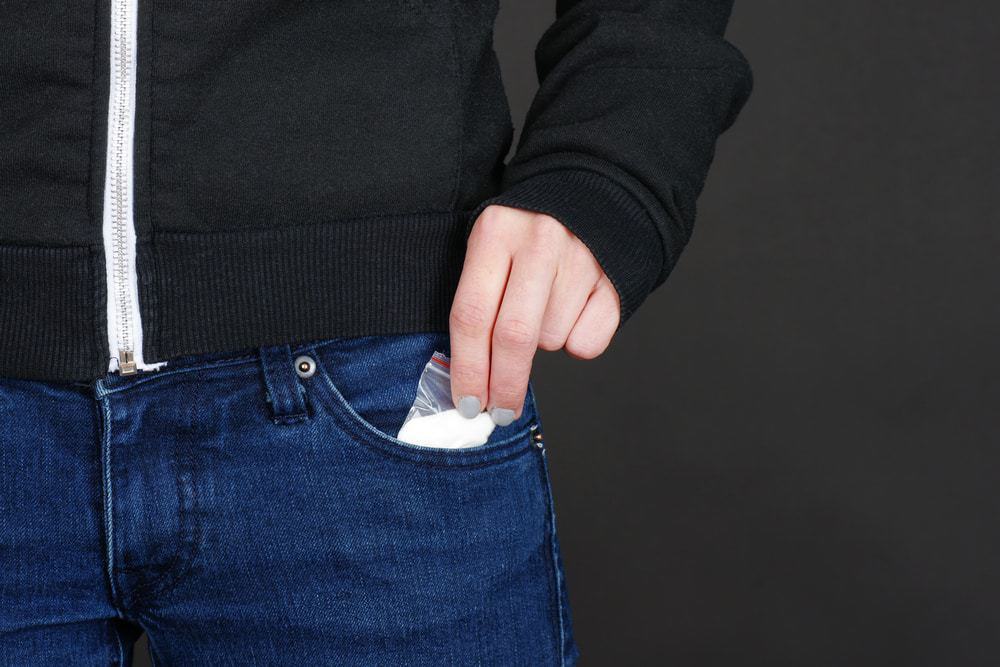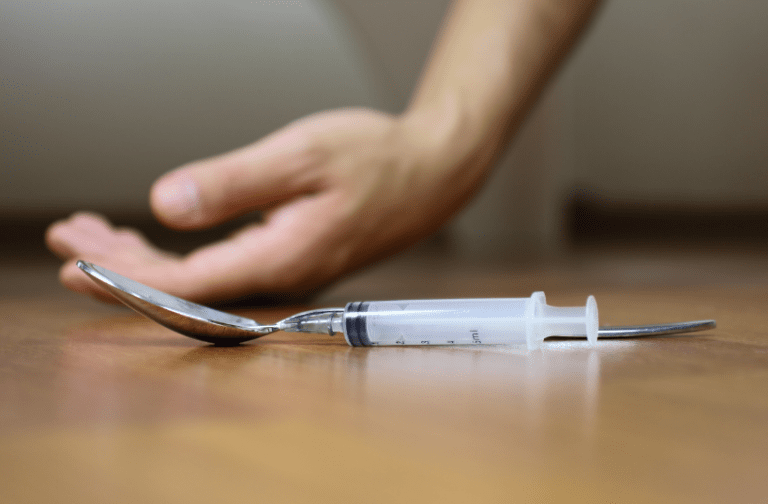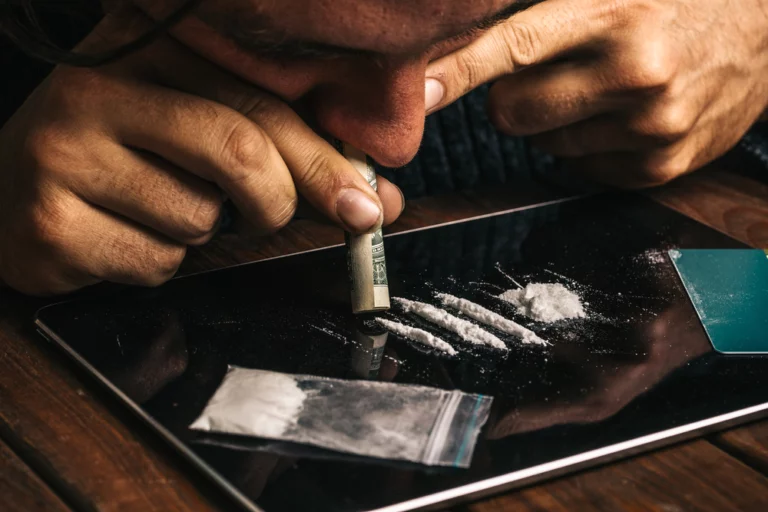Cocaine Abuse: Signs it is Time for an Intervention
Interventions are never easy. Making the decision that it’s time for an intervention is the first step towards ceasing drug abuse and beginning the road to recovery. Cocaine abuse and addiction create a problematic lifestyle that is unsustainable. Over time, cocaine causes permanent and irreversible damage. Early intervention is always best but it’s important to remember that it’s never too late to find lasting recovery.
Intervention Specialists and Cocaine Abuse
You don’t have to go through an intervention alone. There are professionals whose job is to help individuals and their loved ones manage the difficult process of staging an intervention and getting someone who needs help into treatment.
It’s important to keep in mind the role of a professional interventionist. Someone whose job it is to help with an intervention is not a traditional therapist or counselor. Staging an intervention can be made easier with the help of a trained professional.

Cocaine addiction is known to be a difficult habit to kick. Breaking the cycle of addiction takes a number of steps. Depending on the severity of addiction, inpatient detox at a medical facility may be best. Medically-supervised detox is a safe and effective means for withdrawal. Having emergency personnel and emergency medical care available 24/7 while you are withdrawing can help put your mind at ease.
Signs of Cocaine Abuse and Addiction
Awareness of the signs of cocaine abuse and addiction helps you know when it’s time for an intervention. Before a person’s life spins out of control, you can help make a difference by calling attention to the problems you see. Common signs of cocaine abuse can include:
- Bursts of energy
- Excitability
- Increased anxiety
- Being secretive
- Rapid weight change
- Awake for unusually long periods of time
- Active at unusual hours
- Changes in interests
- Changes in social behavior
Cocaine Withdrawal Symptoms
Symptoms associated with cocaine withdrawal are similar to those associated with other stimulants and “uppers” including ADHD prescription medications (like Adderall and Ritalin) and methamphetamine (meth). Common symptoms can include:
- Agitation
- Restlessness
- Irritability
- Difficulty focusing
- Shakiness
- Tremors
- Sleep issues
There are side effects associated with cocaine withdrawal that can be experienced up to ten weeks after ceasing use.

Symptoms associated with what is commonly referred to as a “cocaine crash” may include:
- Depression
- Anxiety
- Cravings
- Unhappiness
- Exhaustion
- Dehydration
- Excessive sleeping
- Increased appetite
- Paranoia
- Suicidal ideation
Early intervention can change a person’s life direction. It is always ideal to stop drug abuse before experimentation and mild addiction turn into a moderate or severe addiction. Signs substance abuse can be turning into a severe addiction include:
- Prioritizing use
- Tolerance
- Cravings
- Increase in use
- Hiding amount of use
- Loss of interest
- Lack of responsibility
- Relationship issues
If you or a loved one is showing any of the following common signs of cocaine abuse, consider reaching out for help from a professional interventionist.
Long-term Damage Can Result from Cocaine Addiction
Cocaine use results in temporary euphoria and increased energy. When abused in large amounts and/or for long periods of time, there is a range of negative consequences. Because cocaine’s euphoric and other desirable effects are short-lived, this encourages dangerous binge use. Part of the reason people binge-use drugs like cocaine and meth is that the withdrawal effects are so unpleasant. Attempts to avoid and put off the negative side effects associated with withdrawal can fuel the cycle of abuse.
Common side effects of cocaine abuse can include:
- Mood swings
- Paranoia
- Insomnia
Moderate abuse of cocaine can lead to:
- Intense cravings
- Feelings of dysphoria
- Depression
- Increased anxiety
- Decreased libido
- Physical and psychological fatigue
- Physical pain in various areas of the body
Heavy and prolonged cocaine abuse may result in::
- High blood pressure
- Heart problems
- Changes in personality
- Psychosis
A cocaine overdose can occur as a result of severe cardiovascular damage, including heart attacks or stroke, and brain damage.

Cocaine Withdrawal Timeline
Withdrawal symptoms from cocaine can be extremely unpleasant. There are symptoms that can persist for weeks or even months after the last dose.
Within Hours
Symptoms of withdrawal begin soon after a person ceases using cocaine. Feelings tend to include:
- Irritability
- Anxiety
- Physical exhaustion
- Changes in appetite
During this initial period, cravings are typically not as strong.
Week One
This is when intense cravings begin to be problematic. Sleep is often impacted. A person may feel exhausted and have nightmares. It’s not uncommon to experience rapid changes in mood.
Weeks Two to Four
Cravings continue and feelings of depression and anxiety are common. It may be difficult to focus or concentrate. This is a period often associated with feelings of emotional instability. Irritability, restlessness, and agitation are common.
One to Two Months
At this stage, a person’s body is beginning the healing process. The mind and body show signs of lessened withdrawal symptoms. It’s possible to still have cravings but they are usually less intense. Feelings of anxiety may persist. Some individuals recovering from cocaine abuse say they still do not feel an overall sense of well-being after more than a month of abstinence from cocaine.
The Best Time to Intervene
This is a bit of an oxymoron. There really is no best time. It depends on a person to person and a situation to situation basis. Successful rehabilitation is only possible if a person wants to get better. This is a sentiment that is often shared. While there is truth to this, it’s important to keep in mind that once a person enters a high-quality rehab they can be convinced that, in fact, their life could be much better without the use of cocaine or other substances as a crutch.
Often those who abuse drugs have a co-occurring mental health issue that is undiagnosed or not properly treated. Engaging in therapy sessions with a trained mental health professional can result in a dual diagnosis. Proper diagnosis and treatment can help someone find a path towards lasting recovery.
Individuals who struggle with cocaine addiction often have underlying mental health issues related to anxiety or depression. Dealing with these core issues can help them learn why they make problematic choices. In therapy, people are able to address their demons and learn coping mechanisms and life skills that help them manage high-risk triggers in real-world situations.
Learning relapse prevention and harm reduction strategies are an essential part of treatment. When a person in recovery re-enters society, they need to have a safety net in place. Reaching out to anonymous programs like NA and AA can help you meet like-minded individuals who have faced similar issues and learned methods to deal with them to get through difficult moments without making poor decisions. Having these lifelines helps create a safer situation so you can live a purposeful and meaningful life without an increased sense of balance and well-being.

Staging a Family Intervention
Getting your family organized for a staged intervention can be emotionally taxing. Trained interventionalists can help your family prepare to manage expectations when dealing with a loved one who is in distress. Confronting a person about their addictions will most likely put them in a defensive state of mind. Using a calm approach can help address family members’ concerns about a person’s cocaine use and emphasize that you’re staging an intervention out of love and because you care about the person’s safety, health, and overall well-being. The ultimate goal is to get your loved one into treatment.
Drugs like cocaine often make a person act differently than they normally would. You might have noticed that your loved one who has been abusing cocaine acts in ways that are manipulative. This is common. People with drug addictions often intentionally or unintentionally train their family members how to navigate them or threaten to distance themselves if they do not act in compliance. This prolongs poor behavior and addiction. A professional interventionist can help families navigate these tricky situations and set aside confusion about the real issue at hand. Help is available right now. Reach out to Oasis Recovery today to learn more about how to stage an intervention and get your loved one the help they need.









